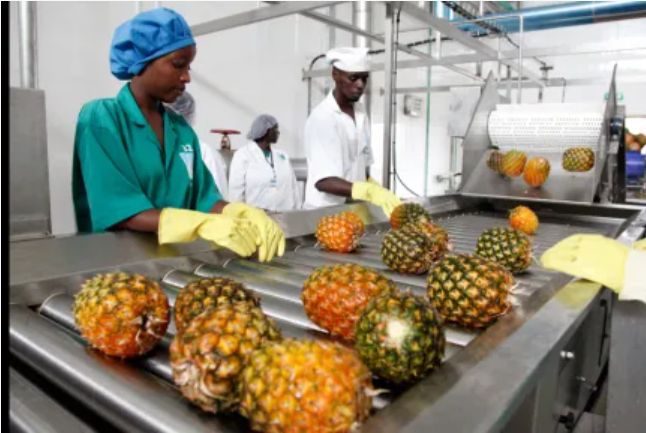In this Article
The Organization for Economic Cooperation and Development (OECD) provided information on the situation of women workers and entrepreneurs in food systems as well as the policy programs that support them.

Source: OECD
To support women across food systems, OECD countries often employ a mix of policy measures. These tools are either specific to food systems, especially those supporting women in the primary sector or economy-wide tools that can be applied to food systems.
Implemented programs aimed specifically towards women entrepreneurs in the primary sector include (1.) recognizing the rights and needs of women in family farms, (2.) supporting access to land and equipment, and (3.) supporting access to finance and markets. Given the difficulties experienced by women entrepreneurs across food systems, several governments support women by extending social welfare and subsidies and providing specific payments and granting access to markets. Thus, investment subsidies in the processing, commercialization, and development of agricultural products have been prioritized for women.
Meanwhile, implementation of non-food specific policy tools to increase the contributions of women workers and entrepreneurs throughout the food systems deals with unpaid care work, gender equality in businesses, enhanced visibility of women, specific training needs, and improving attractiveness of rural areas.
References:
Giner, C., M. Hobeika and C. Fischetti (2022), “Gender and food systems: Overcoming evidence gaps”, OECD Food, Agriculture and Fisheries Papers, No. 184, OECD Publishing, Paris, https://doi.org/10.1787/355ba4ee-en.




